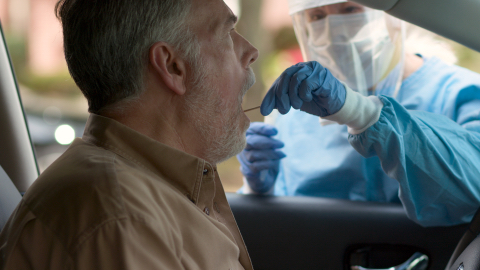
The Johns Hopkins Bloomberg School of Public Health has released a report for a metropolitan strategy with seven recommendations for a comprehensive COVID-19 Response. The strategy aims to slow transmission of the novel coronavirus and interrupt its spread. It is hoped that in metropolitan areas where cases are increasing, the strategy should delay and reduce the peak number of cases. In metropolitan areas where case numbers may be stable or declining, the strategy should accelerate the decline.
The seven recommendations are:
- convene an expert advisory committee – including clinicians, health system representatives, epidemiologists, public health experts, and communications experts;
- protect and monitor at-risk populations – particularly residents of long-term care facilities, nursing homes, and group homes;
- use a call center to help with the public health response and provide support to people with COVID-19 symptoms – in order to decrease the number of infectious people transmitting COVID-19 to others and de-congest clinics and hospitals;
- create community-based testing tests – such sites are recommended in order to reduce patient flow to hospitals, keep infectious patients from seeking care at multiple primary care offices, and from using public transport;
- offer social services to individuals in isolation and quarantine – including appropriate housing and sufficient food and medicine for the entire period of isolation/quarantine;
- provide comprehensive and informational public messages on a daily basis; and
- inform and update response strategies with data – produce automated real time graphs, maps, charts, and tables in dashboards for use by health and city response teams and city leaders.
As the metropolitan strategy would require a significant amount of resources, it is recommended that cities should consider public-private partnerships (P3s) to help achieve and support the seven recommendations.